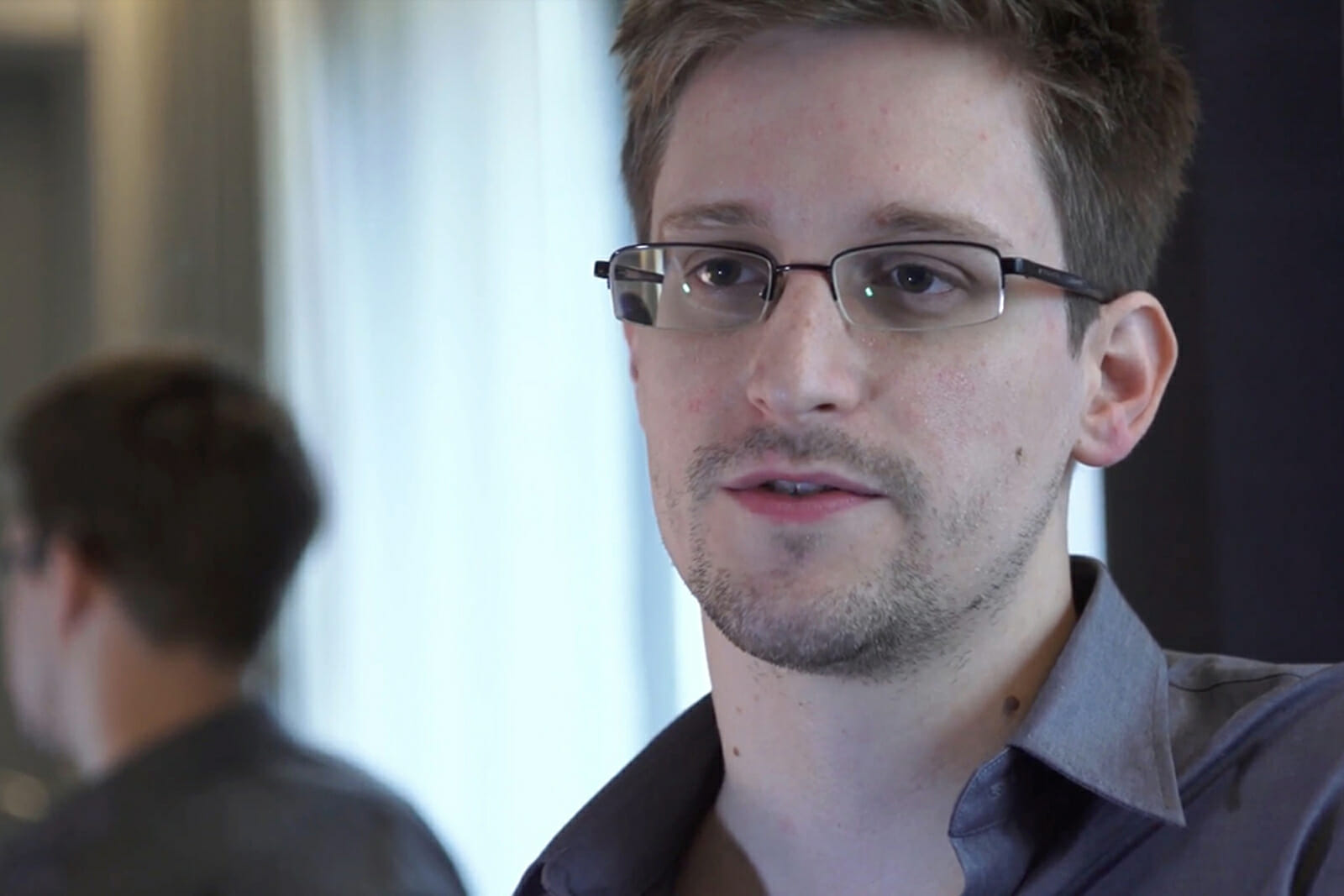
Post-Snowden, Cybersnooping will Continue
Last week, some in the US media speculated that former CIA employee Edward Snowden chose Hong Kong as the unlikely destination for his coming-out party because he was either in the employ of China as a spy or he intends to defect to China. They also wonder how someone in his sensitive position could have used a thumb drive to simply copy all those documents and walk away. Certainly, conspiracy theorists are having a field day with all this, and it does raise some disturbing questions.
The timing of Snowden’s “revelations” is indeed curious, occurring as the summit between US President Barack Obama and Chinese President Xi Jinping got underway in California, where the subject of alleged Chinese cyberspying was a central topic of discussion. As a result of what has happened since the Chinese government has benefited greatly; the tables have been turned on the US in one fell swoop, and China can now claim that it is the victim, rather than the persecutor. That certainly plays well at home.
This is rather useful for China and comes at a time when its growing economic, political and military strength has made countries around the region and throughout the world uneasy. Part of the reason for the discomfort is that China has become so good at stagecraft – carefully calibrating its actions and knowing when to press on the accelerator or tap on the brake to obtain the desired outcome.
Many countries must envy this skill and know their own ability to do the same is limited, for a variety of reasons. So, why did Snowden choose Hong Kong – which has an extradition treaty with the US and is only one step removed from Beijing – as the destination for his leap into the abyss? And why is he in hiding, when he said he does not intend to flee the judicial process in the United States? Some sources in mainland China may know the answer, but for now, the rest of us can only watch as this fascinating drama continues to unfold.
What we know for certain is that the issue of cyberespionage will only become more important with time, and it appears unlikely that either China or the US will alter their course or slow down the pace of their own cybersnooping. For anyone under the illusion that it might be possible in our hyper-digitized world, you now have clarity, courtesy of Snowden.
With China having become the world’s second-largest economy, with the renminbi fast becoming a currency of choice in global trade, and with China nipping at the heels of the US in virtually every way, it is hard to imagine the two countries becoming more collaborative on the cyberhacking issue. Indeed, cyberhacking has now become the defining feature of Sino-American relations. Given that China and the US both have conflicting objectives and want to be predominant in this decade and beyond, look for more conflict, not collaboration, between the two. Thank you, Mr. Snowden, for helping to clarify that.

